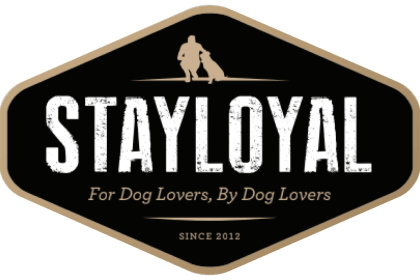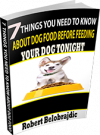Helping Your Constipated Dog: Simple Safe Tips for Relief!

As a caring dog owner, it's only natural to be concerned when your furry friend is experiencing discomfort. One common issue that dogs can face is constipation. Just like humans, dogs can also suffer from occasional bouts of constipation, which can lead to discomfort and even more serious health problems if left untreated. In this article, we'll explore what causes constipation in dogs and provide you with simple and effective ways to help your beloved pet find relief.
Understanding Dog Constipation:
Constipation occurs when your dog has difficulty passing stool, resulting in infrequent bowel movements that are often dry and hard. While the causes of constipation can vary, some common factors include:
Dehydration: Insufficient water intake can lead to dry and hard stools, making them difficult to pass.
Dietary Factors: A diet low in fibre or high in processed foods, even raw bones, can contribute to constipation in dogs.
Lack of Exercise: Regular physical activity helps stimulate bowel movements, and a sedentary lifestyle can lead to constipation.
Foreign Object Ingestion: Consuming items like bones, toys, or other non-digestible materials can obstruct the digestive tract.
Underlying Medical Conditions: Conditions like megacolon, anal gland issues, or certain medications can also contribute to constipation.
Sign of Constipation:
As a responsible dog owner, it's important to recognize the signs of constipation in your pet. Keep an eye out for the following indicators:
Straining: Frequent attempts to defecate without producing stool can be a sign of constipation.
Dry, Hard Stools: If you notice that your dog's stools are unusually hard and dry, it may be a sign of constipation.
Lethargy and Discomfort: Constipated dogs may display signs of discomfort, such as restlessness, lethargy, or even vocalization.
Loss of Appetite: A dog experiencing constipation might show a decreased interest in eating.
Simple Tips to Help Your Constipated Dog:
Now that you're familiar with the causes and signs of constipation, let's explore some effective ways to provide relief for your furry friend:
Increase Water Intake: Ensure your dog has access to fresh, clean water at all times. Hydration is crucial for maintaining healthy digestion and preventing constipation.
Dietary Adjustments: If your dog is struggling to go, you can easily add fibrous vegetables like grated carrot, canned pumpkin or even psyllium husk. Start with teaspoon amounts and adjust as needed.
Regular Exercise: Engage your dog in daily walks, playtime, and activities that encourage movement. Exercise stimulates the digestive system and helps regulate bowel movements.
Massage and Warm Bath: Gently massaging your dog's abdomen can help stimulate the digestive tract. A warm bath may also provide relaxation and relief.
Regular Potty Breaks: Establish a routine for potty breaks, allowing your dog ample opportunities to relieve themselves.
If your dog hasn’t gone for a few days and is really trying to go, you can use children’s Enemas to give them the relief they need.
Consult Your Veterinarian: If your dog's constipation persists for more than a day or two, or if you notice any signs of discomfort or distress, it's essential to consult your veterinarian. They can rule out any underlying medical issues and provide appropriate guidance.
When to Seek Veterinary Care:
While the above tips can be effective for mild cases of constipation, there are instances where professional veterinary care is necessary. Contact your veterinarian if:
Your dog's constipation persists for more than 48 hours.
Your dog is displaying signs of severe discomfort, pain, or distress.
There's blood in your dog's stool or around their rectum.
Your dog is vomiting, lethargic, or refuses to eat.
As a loving dog owner, helping your constipated furry companion find relief is a priority. By focusing on hydration, diet, exercise, and the simple tips mentioned above, you can make a positive impact on your dog's digestive health.
Remember, maintaining a healthy lifestyle is key to preventing constipation and ensuring your pet's overall well-being. If you ever have concerns or doubts, don't hesitate to reach out to your veterinarian for professional advice and guidance.








